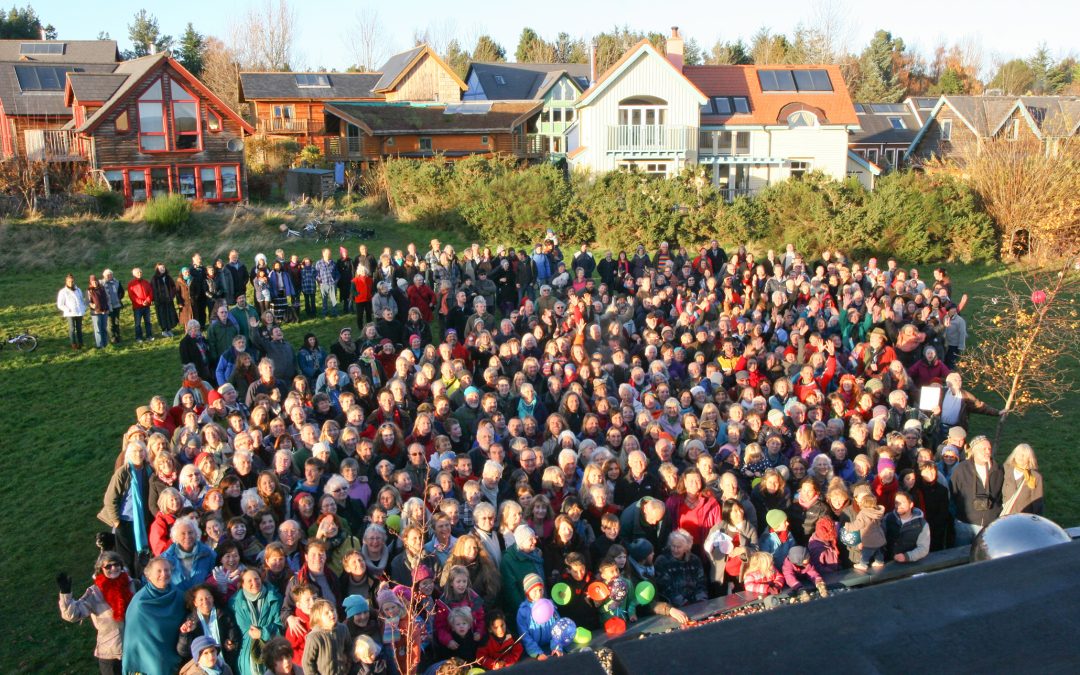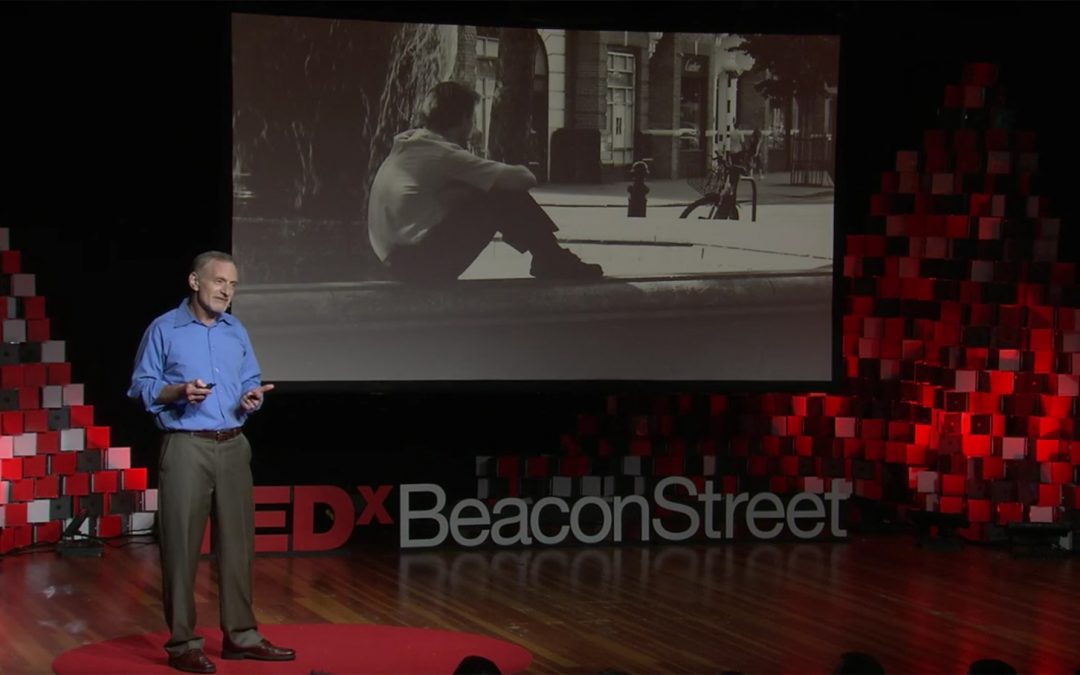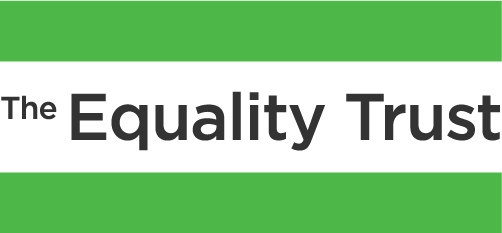
by GaiaInnovations | Feb 26, 2017
People in more equal societies live longer, have better mental health and have better chances for a good education regardless of their background. Community life is stronger where the income gap is narrower, children do better at school and they are less likely to become teenage parents. When inequality is reduced people trust each other more, there is less violence and rates of imprisonment are lower.
If we want to build a better society, it is essential we take action. The Equality Trust is working with others to build a social movement for change. We analyse and disseminate the latest research, promote robust evidence-based arguments and support a dynamic network of campaign groups across the country.
This information comes from the website of The Equality Trust.
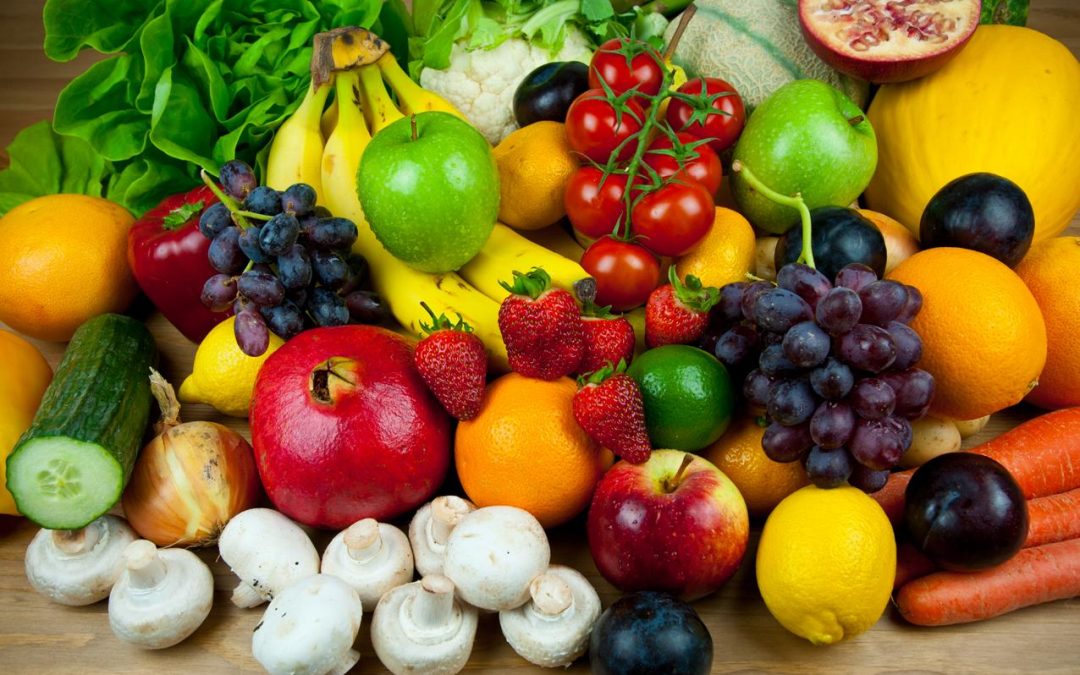
by GaiaInnovations | Feb 23, 2017
Note: Because of enormous health problems related to unhealthy eating habits we have included this common sense advice.
Fruits and vegetables provide health benefits and are important for the prevention of illnesses. The U.S. Department of Agriculture recommends filling half of your plate with fruits and vegetables at each meal. Fruits and vegetables contain a variety of nutrients including vitamins, minerals and antioxidants. Eating the recommended amount of fruits and vegetables each day can reduce the risk of chronic diseases.
Nutrients in Vegetables
Vegetables are rich in vitamin A, vitamin C, folate, fiber and potassium. Folate helps the body form red blood cells. It is especially important for women of childbearing age to consume folate-rich foods such as bell peppers, tomatoes and spinach to prevent neural-tube defects in babies. Vitamin A-rich foods such as sweet potatoes, carrots and butternut squash help keep your skin and eyes healthy and protect against infections. The USDA recommends eating 2 1/2 cups of vegetables per day.
Nutrients in Fruit
The USDA recommends consuming 2 cups of fruit per day. The healthiest choices are fresh fruits or frozen without added sweeteners. Fruit is naturally low in fat, sodium and calories, and rich in potassium, fiber, vitamin C and folate. Some high-potassium fruits include peaches, cantaloupe, honeydew, oranges and bananas. Fiber in fruit helps to protect against heart disease and lower cholesterol. Vitamin C in foods like citrus and strawberries helps with wound healing and keeps gums and teeth healthy…
Read the whole article by Amanda Hernandez in SFGATE.
Another article why vegetables and fruits are important can be read here:
Vegetables and Fruits by Harvard School of Public Health
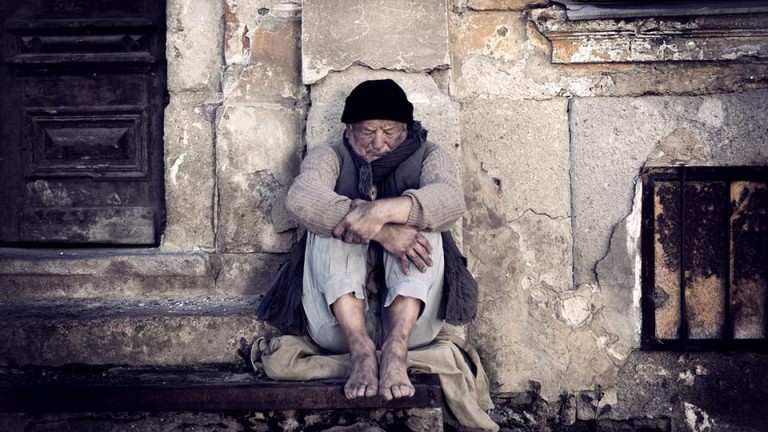
by GaiaInnovations | Feb 23, 2017
During a balmy 60ºF December morning, Rene Zepeda is driving a Volunteers of America minivan through Salt Lake City, Utah, looking for the homeless who may be camping by the railroad tracks or over by the river, sometimes in the foothills. Cold weather is on its way, so the van is packed with sleeping bags, thermal clothing, coats, sock, boots, hats, protein bars, nutrition drinks and canned goods. According to Rene, once the day is finished, everything will be gone. “I want to get them into homes,” he says. “I tell them, ‘I’m working for you. I want to get you out of the homeless situation.’”
Rene works for a program called Housing First. It has decreased the number of homeless by an extraordinary 72% — mainly by providing permanent free housing. Critics bemoan the expense, but once the numbers were thoroughly crunched, it was discovered the program actually costs the state far less than if people were left on the street. Moreover, in a nation where a large proportion of the homeless population are military veterans, adopting such a program is not only a social or financial imperative but a moral one…
Read the whole article by Carolanne Wright in Wake up world.
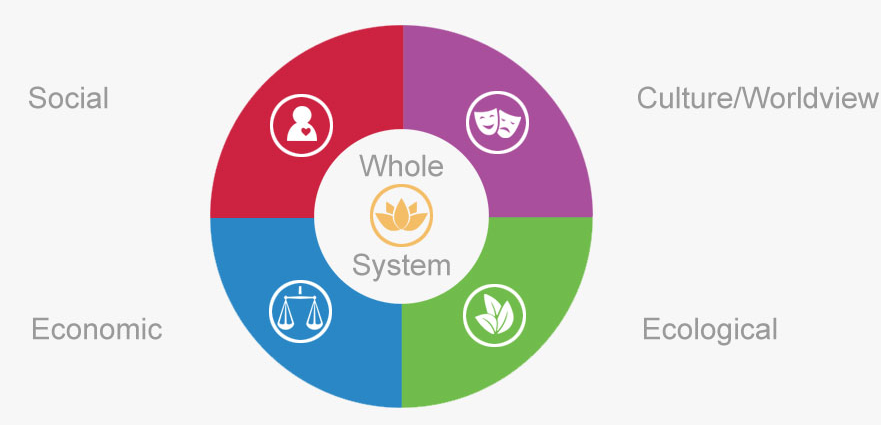
by GaiaInnovations | Feb 21, 2017
The Solution Library is first of all a directory of solutions. This means that it provides short descriptions of sustainable solutions available on the web, providing links to more information. It is a place where solutions from all over the internet are gathered in one easy-to-browse platform to help create a more sustainable world.
Our understanding of sustainability has five dimensions: Environmental, Social, Economic, Cultural/Worldview and Whole System (which integrates all four other dimensions in one). The SL’s solutions can be browsed by these dimensions through GEN’s signature mandala, and/or by geographic region.
Additionally, the Solution Library provides the possibility to share experiences with solutions, enriching the knowledge available about the solutions in the library.
And the Solution Library creates a global community by enabling members to connect with one another, or with projects where solutions are used. This way the SL facilitates direct knowledge exchange around sustainable solutions, making it easier for people to co-create a more sustainable world.
This information comes from the website of Solution Library.
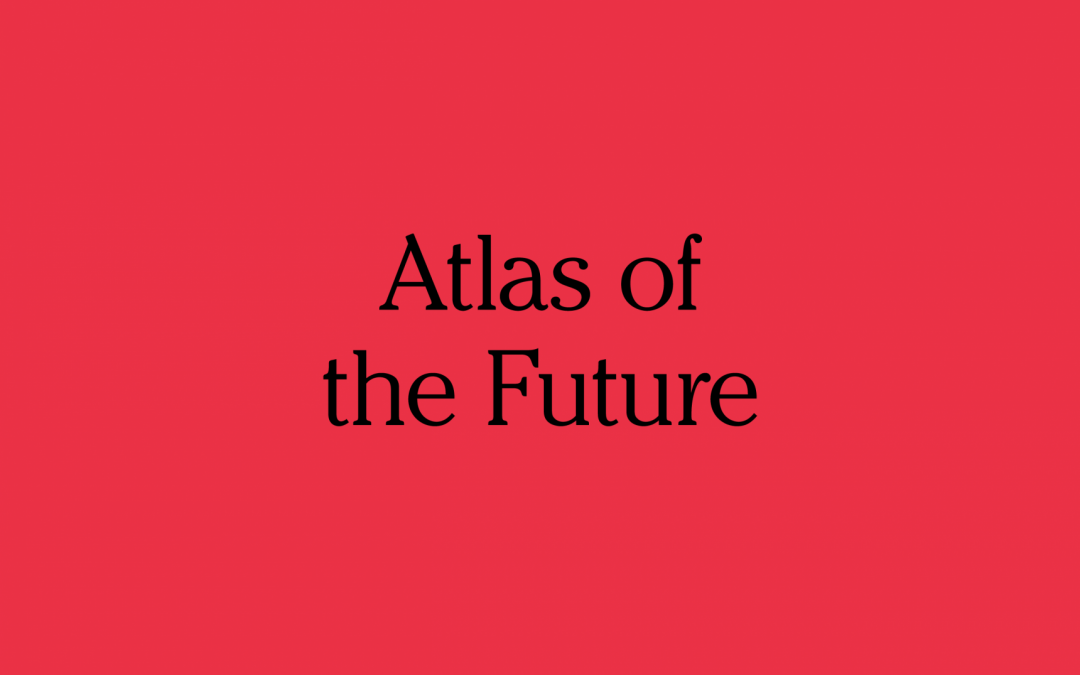
by GaiaInnovations | Feb 21, 2017
Atlas of the Future is an online resource mapping innovative, future-focused, socially impactful projects and people around the world. Our mission is to ‘democratise the future’. This means making sure developments are understandable and entertaining – not just in science and tech, politics or culture, urban planning or education, arts and design – but stories in every area of human activity.
We are not a large group, just concerned citizens who believe everyone should have a share in the way the world will be.
It is true that we face daunting problems and that our obsession with the short‐term has caused a global financial crisis and created environmental disasters. But it is because we believe in the future that we are optimistic. ‘Optimism is a strategy for making a better future,’ says the American intellectual and activist Noam Chomsky. ‘Because unless you believe that the future can be better, you are unlikely to step up and take responsibility for making it so.’
If you agree, then help us make it so by bringing together the most ambitious and inspiring projects for the future in one place. It can be your own project or someone else’s. It might be a technological innovation, an environmental advance, a medical breakthrough or an ambitious social programme. We don’t mind. As long as it is an innovation for the greater good, then please share it with the Atlas of the Future.
This information comes from the website of Atlas of the Future.
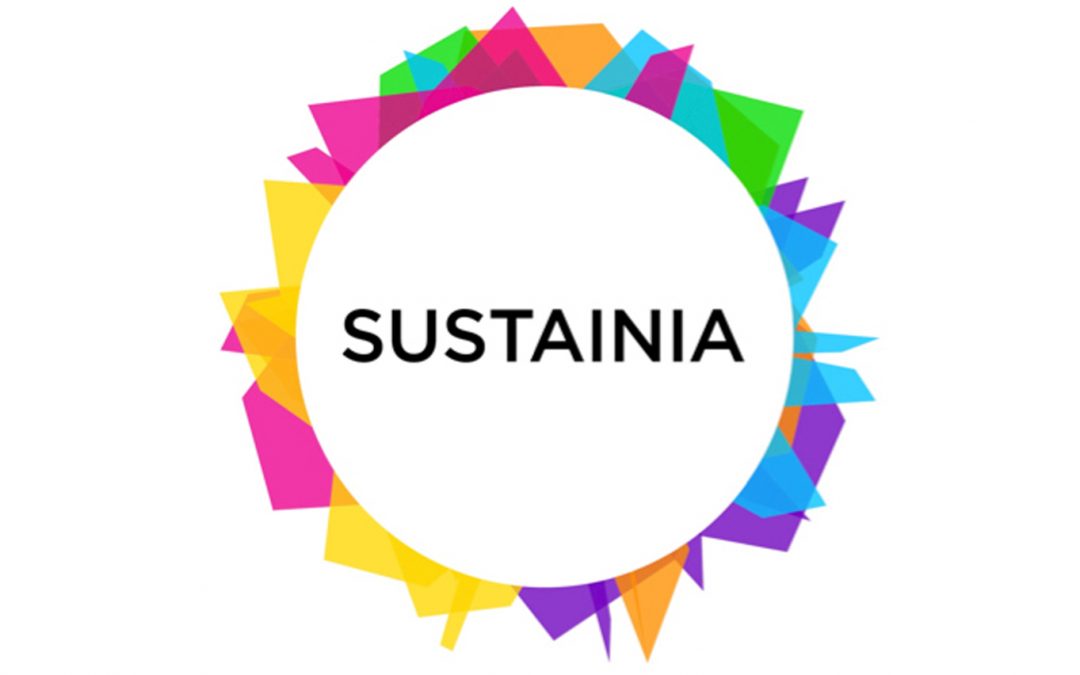
by GaiaInnovations | Feb 21, 2017
Sustainia is a think tank and consultancy headquartered in Copenhagen, Denmark. We identify readily available sustainability solutions across the world and demonstrate their potential impacts and benefits in our work with cities, companies, and communities.
By focusing on innovative breakthroughs, inspiring alternatives and new opportunities, Sustainia is shaping a new narrative of optimism and hope for a sustainable future that seeks to motivate instead of scaring people with gloom and doomsday scenarios.
With Sustainia, we are creating a vision of what a sustainable future could look like. Not a Utopia or distant dream. By building scenarios where available solutions, innovation and technologies are implemented at large scale, Sustainia shows the exciting sustainable societies we could live in.
This information comes from the website of Sustainia.
